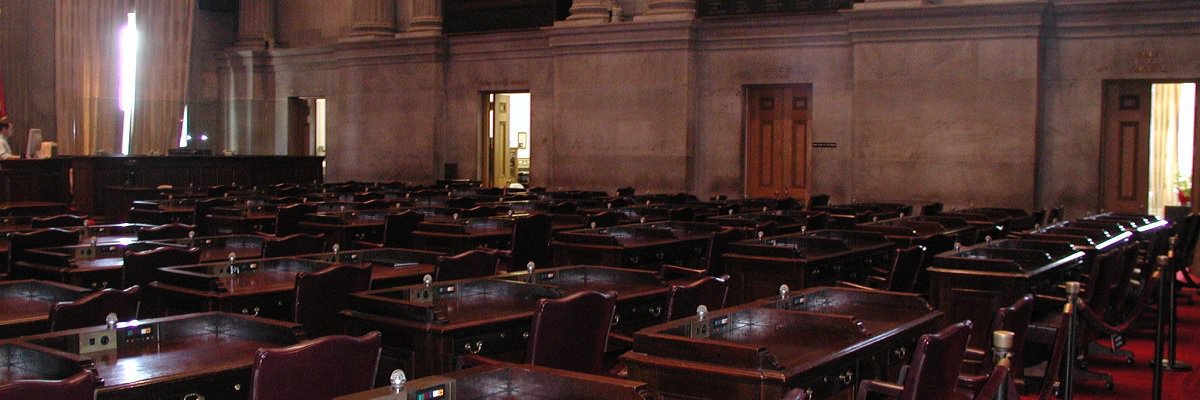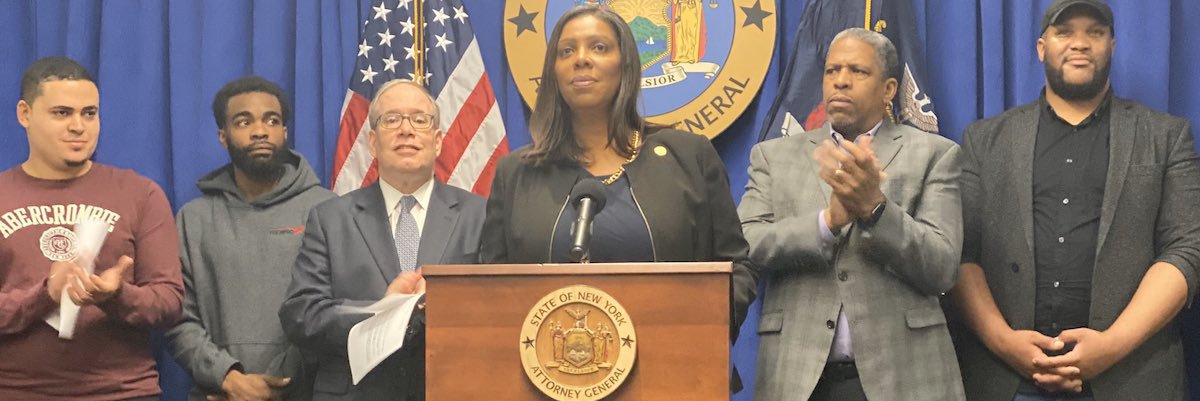There are nearly 600 exemptions to the Tennessee Public Records Act, and the list keeps growing.
However, a new state law could slow the adoption of new exemptions because it requires the Tennessee House’s Government Operations Committee to review any legislation that creates an exception to the TPRA, which requires government records to be open to public inspection. The committee would then make a recommendation as to whether the exemption should be adopted. No further action could be taken on the legislation until the committee completes its review.
The new law doesn’t address existing exemptions to the public records act.
“We’re still in conversations” about that, said Rep. Jason Zachary (R-Knoxville), the legislation’s sponsor.
The exemptions review law was one of several bills concerning public records that were enacted by the Tennessee General Assembly in its recently completed session. The biggest news concerning public records in Tennessee this year was the publication of sexually explicit texts between House Speaker Gene Casada and his chief of staff, a scandal that ultimately led Casada to say he will resign his leadership post.
The Tennessee Coalition for Open Government has compiled a comprehensive report on the legislature’s actions concerning public records, but here are some highlights of other bills adopted during this past legislative session:
-
The public will no longer have access to individuals’ home addresses and telephone numbers when they are involved in an accident. This information in a motor vehicle accident will remain confidential, available only to the people involved in the accident, or their insurance agents or legal representatives. This new exemption to the public records law was prompted by complaints about telephone solicitations for health care services following traffic accidents.
-
In response to concerns about sports betting, college athletic programs won an exemption that keeps records “relating to game or player integrity” confidential. This includes playbooks, signals, recordings of practices, and a player’s likelihood of playing in a game. It doesn’t prohibit coaches from voluntarily disclosing information, such as players’ injuries. Plus, records that relate to alleged National Collegiate Athletic Association violations will remain open.
-
Only the names of victims will remain confidential when governmental entities enter into settlement agreements over allegations of sexual harassment, domestic assault and certain other claims. A new law voids settlement agreements that prohibit disclosing the names of the alleged perpetrators.
-
Under a new law, school systems that use cameras on school buses must allow students’ parents to view video footage or photos from the cameras, under the supervision of school officials.
-
Donors to the Tennessee State Museum can request that their home addresses, telephone numbers and email addresses be withheld from the public. Donors’ names and donation amounts will remain open to the public under the new law.
The exemptions review law is embedded below.
Image by Ichabod via Wikimedia Commons and is licensed under CC BY-SA 3.0




